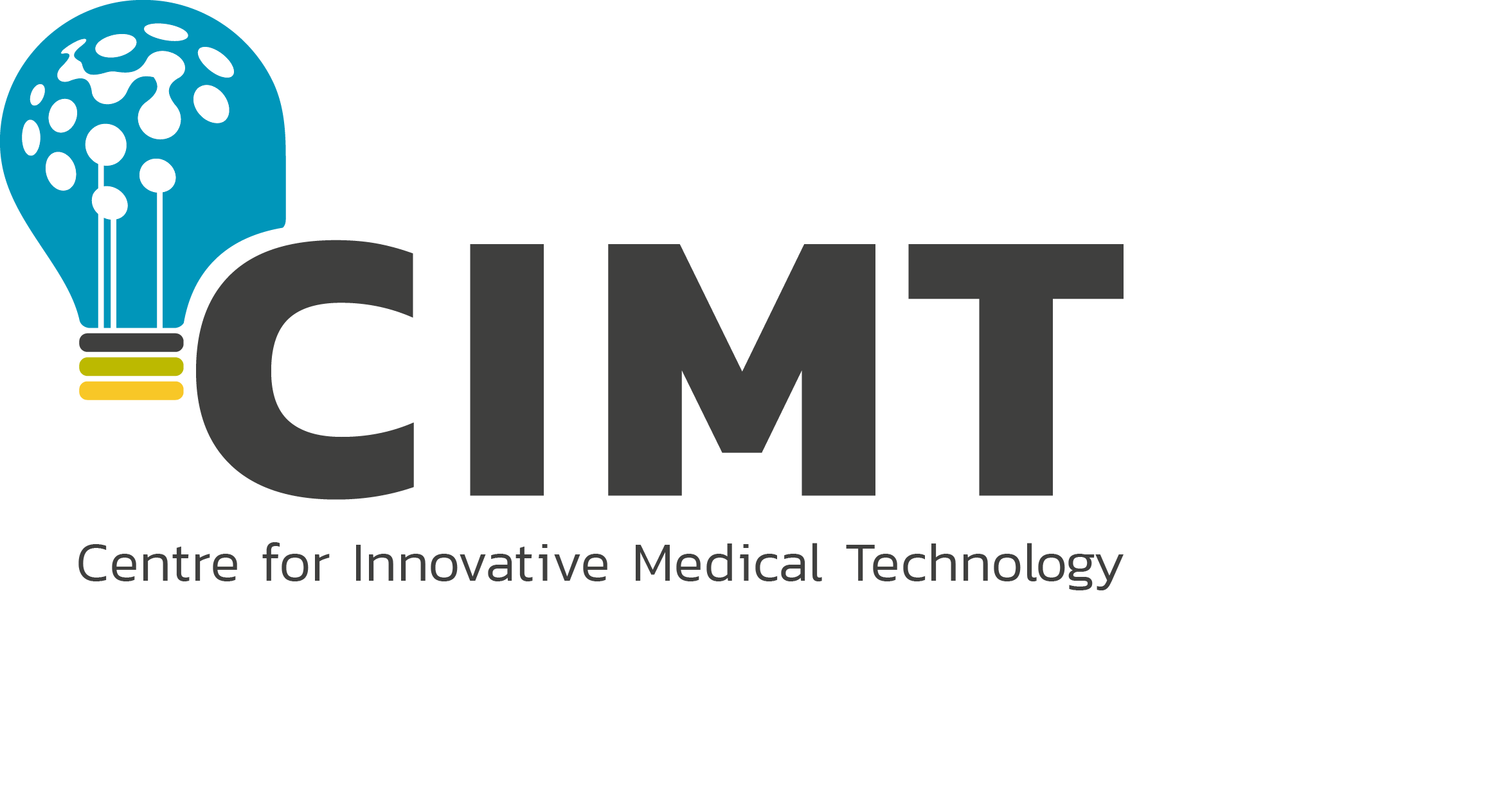Measurelet Scale
When patients with chronic inflammatory bowel disease are admitted to hospital, they must have their excretions weighed and described as part of their treatment.
PROJECT PERIOD
Start: January 2020
End: April 2021
Until now, this has been done by the patient carrying a bedpan with contents from the toilet to another room, where the nurse subsequently had to weigh and describe the contents. This could be experienced as awkward, uncomfortable and stigmatising for the patients. The Measurelet Scale project aimed to make it less uncomfortable for both patients and staff to keep an eye on the excretions.
AIM
The purpose of the project was to test the Measurelet Scale, which consisted of a scale integrated with a tablet, where the patients could register their excretions themselves and thus take a more active part in their treatment. The project also aimed to increase the patients’ knowledge of their own illness and health.
Measurelet Scale was introduced at the Department of Gastroenterology in 2020, where the project was targeted towards patients with chronic inflammation of the colon and Crohn’s disease, two diseases that cause a significant increase in the frequency of toilet visits.
ASSESSMENT
Many patients have so far felt that there can be shame associated with walking from the toilets to the sluice room with a bedpan in hand. With the Measurelet Scale, this shame abated, as the entire process took place in the toilet. The Measurelet Scale was also considered to be a more hygienic process than carrying a full bedpan to the sluice rooms, but some staff felt that the use of the Measurelet Scale came at the expense of professionalism when it became the patient’s own responsibility to read the results.
The use of the Measurelet Scale meant that there was no longer an accumulation of bedpans in the sluice rooms, and that the staff experienced more time for the patient.
After the end of the project, the use of the Measurelet Scale was written into the guideline for patients with bowel disease at the Department of Medical Gastroenterology.
PARTNERS
The project was carried out in collaboration with the Department of Gastroenterology at Odense University Hospital.
EXTERNAL FUNDING
The project was funded by the project Digital Vision.
The project was a part of the large research and innovation project Digital Vision. Read more about the sub-projects in Digital Vision.

Rikke Lyngholm Christensen
Programme Manager
Centre for Innovative Medical Technology (CIMT). Odense University Hospital, Dept. of Clinical Development - Innovation, Research & HTA
(+45) 2462 9727 rikke.lyngholm@rsyd.dk
